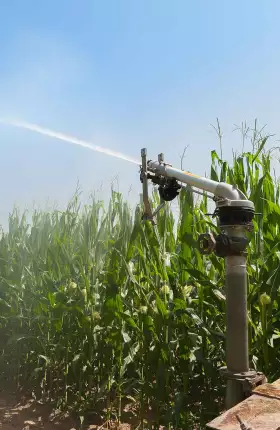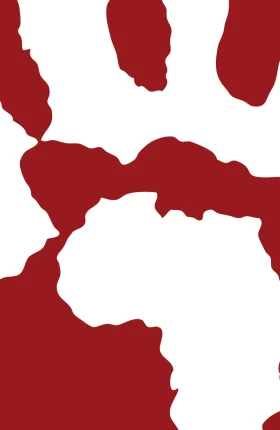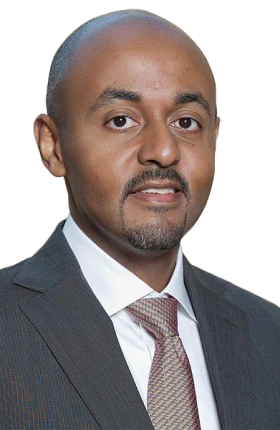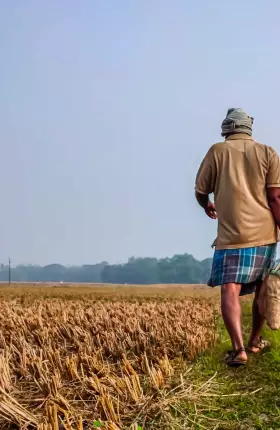The water crisis in South Africa is dire. Many areas of South Africa are, quite literally, running out of usable water. Cape Town, one of the country’s top tourist destinations, is coping with its worst drought in more than a hundred years. The city was declared a disaster area in March 2017, and the water shortage has become so intense that citizens fear the taps will soon run dry.
The numbers tell the story:
- Ninety-eight percent of the available water supply is currently being used.
- Water usage is expected to grow at a rate of 1% annually, driven by population growth and economic development.
- Water demand is expected to exceed supply by 17% in 2030.
Despite the severe drought, demand for water remains high, driven primarily by increased production in agriculture (63%) and industrial sectors (11%), such as manufacturing and mining. Domestic needs, too, account for a large percentage of demand (26%), owing to rising income levels and population growth. Whether for businesses or homes, excessive water use is a problem that sucks water sources dry. In addition, irresponsible agricultural and industrial practices continue to harm water quality. This, in turn, damages downstream ecosystems, like wetlands, that serve to mitigate pollution, droughts, floods, and other environmental damage.
We need to reverse this vicious cycle before it’s too late. Water shortages, poor-quality water, and damaged ecosystems all pose significant risk to people’s livelihoods and businesses’ bottom lines. To balance critical needs—such as safeguarding the supply of fresh drinking water and managing thirsty crops—we must think creatively about the future.
To explore possible water futures, the World Wide Fund for Nature–South Africa, supported by The Boston Consulting Group, hosted a Future of Water workshop in South Africa in early 2017. The workshop convened a diverse group of key water users from the national government, academia, NGOs, mining, technology, finance, insurance, agriculture, beverage, and more to discuss specific scenarios—a powerful tool to help individuals, companies, and governments stretch their thinking and tackle uncertainty in what lies ahead.
Because water is a common good that must be managed collectively with an eye toward the future, scenarios offer an ideal approach. A well-crafted scenario allows stakeholders to look at the future from an entirely new perspective, expand the perception of what’s possible, and break away from a tunneled perspective into a creative, entrepreneurial, and strategic one.
Workshop participants explored the implications of four very different water scenarios in South Africa. The scenarios were not intended to predict future events but to illustrate how large-scale forces can influence the future of water. By tracking these forces, stakeholders can better detect that we may be heading toward a certain future.
- Scenario 1: Down the Drain. There is ample water availability across South Africa, but poorly maintained water infrastructure in the face of a depressed socioeconomic state has led to excessive levels of waste.
- Scenario 2: Big Fish, Growing Pond. The supply of clean water in South Africa is adequate and the socioeconomic environment is booming. Growth is not tapering off and water demand is increasing at a fierce pace.
- Scenario 3: Illiquid Assets. South Africa is experiencing high economic growth, but clean water is increasingly scarce and costly because of recurring drought and high levels of pollution.
- Scenario 4: Cry Me a River. South Africa is in a severe drought, economically depressed, and unable to cope with the destructive water crisis.
The report, Scenarios for the Future of Water in South Africa , offers an in-depth analysis of the four scenarios outlined above. It also proposes four water-related goals: become a water-conscious country, implement strong water governance, manage water supply and demand, and become a water-smart economy and a leader in commercializing low-water technologies. These goals are also supported by 40 concrete actions, including creating an online platform, sharing best practices, establishing water use disclosure reporting requirements, differentiating water tariffs, and setting up algorithms to calculate and control water use. Finally, the report identifies a set of indicators to monitor progress toward these goals.
To reverse the water crisis, it is critical to engage not only the national and local authorities but all key water users, including representatives from agriculture, mining, and other water-intensive industries. Collaborating to mitigate risks, seize opportunities, and preserve and maintain this valuable shared resource can create a water-secure future for South Africa and the world.
Since the publication of the report, we have already seen encouraging signs of progress. Private-sector companies and government agencies have signaled interest in collaborating and engaging with WWF–SA to deliver on these goals. Large companies—including Nedbank, Woolworths, the financial services group Sanlam, and the brewing and beverage company Distell—have committed to water stewardship partnerships. To join the effort to create a more water-secure future, please contact Hans Kuipers , Lana Mazahreh , or Adrien Portafiax at The Boston Consulting Group or Christine Colvin at WWF–SA.





